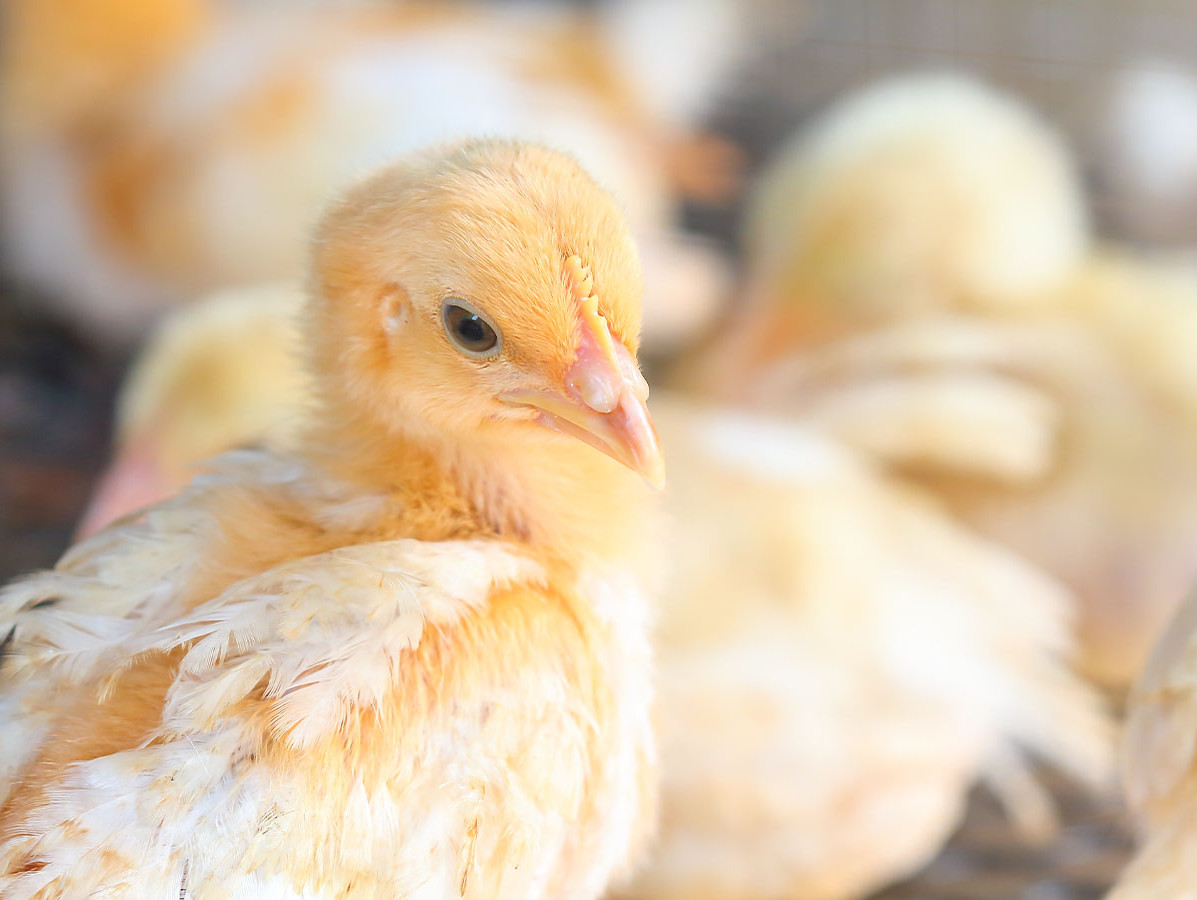
Breeding insects on by-products from the food industry offers a sustainable solution for feed production in the poultry sector, concludes the InsectFeed project led by Wageningen University & Research. The research shows that these breeding methods are safe, productive, and responsible. Additionally, the welfare of chickens improves when insects are part of their diet. Further study on the economic feasibility and ethical aspects is needed to fully harness the potential of insects as animal feed.
Globally, the majority of agricultural land is used to grow animal feed, with soy being the primary protein source. Marcel Dicke, Professor of Entomology, highlights the significant carbon footprint of imported soy from South America. He advocates for using insects as animal feed to reduce dependency on foreign feed. Insects require less space for breeding and contain high-quality proteins, leading to more efficient meat production. According to Dicke, breeding insects on domestic by-products could easily take place in the Netherlands.
The use of insects as animal feed was prohibited in Europe for a long time. Following the BSE crisis, regulations were established that prohibited feeding livestock with animal products, including insects. However, recent studies have shown that insects pose no food safety risks and offer significant sustainability benefits. This has led to a change in legislation, allowing insects to be used as animal feed. The InsectFeed project focused on the use of fly larvae as chicken feed, demonstrating that these larvae can be safely and efficiently bred on food industry by-products.
A key question within the project was the economic feasibility of breeding insects for animal feed. Although the current cost is still higher than that of soy, Dicke expects technological innovations and scaling up to change this. Additionally, tax measures and subsidies can make the price more attractive. Besides economic aspects, ethics also play an important role. The project showed that chickens exhibit natural behavior and respond enthusiastically when fed live insects. These findings can contribute to the moral acceptability of using insects as animal feed.
According to Dicke, scientific insights are crucial for making meat production more sustainable. The knowledge gained from the InsectFeed project is essential for informed political decision-making and further development of insect breeding. To introduce the general public to the possibilities of insects as food, the InsectFeed consortium is organizing a public event on September 28 at Theater Junushoff in Wageningen. Visitors can attend a cooking show where meals with insects will be prepared and participate in various activities. The event is free and open to everyone.
Source: Wageningen University & Research